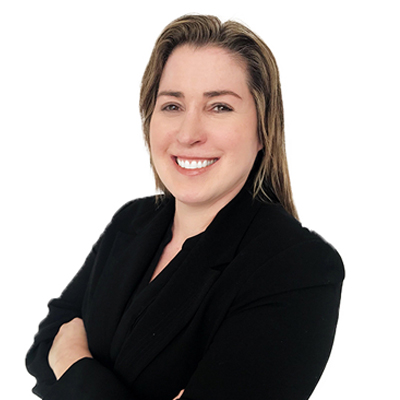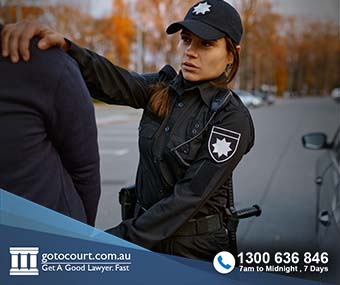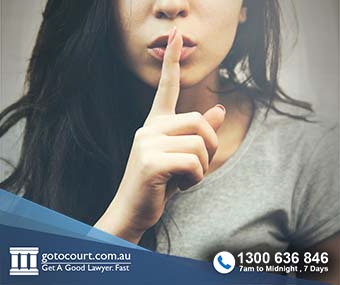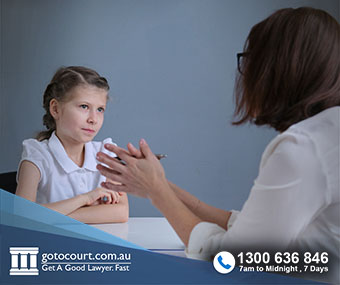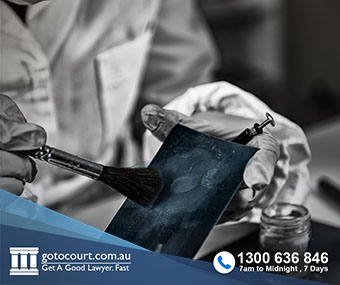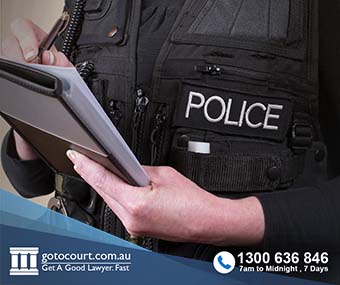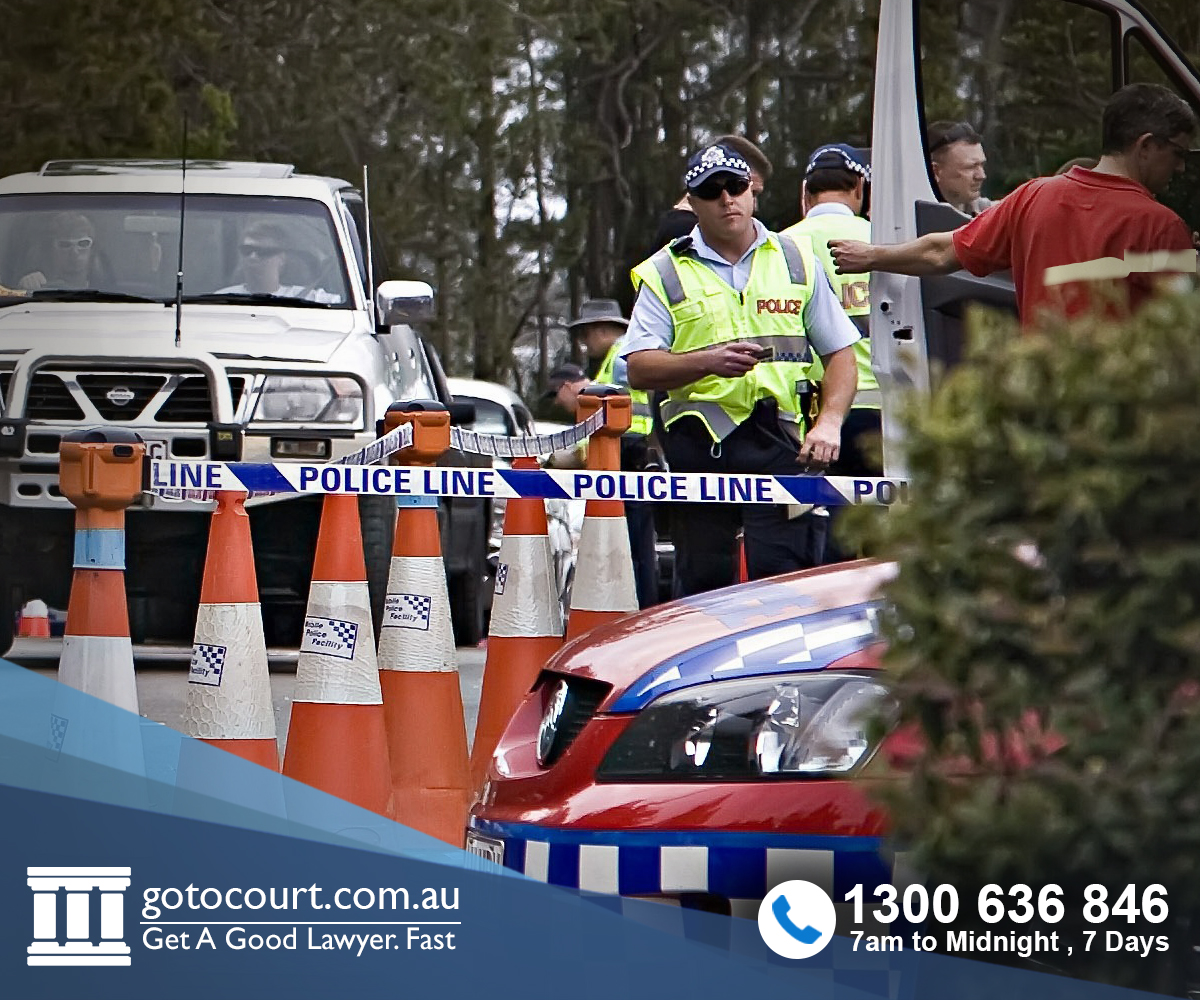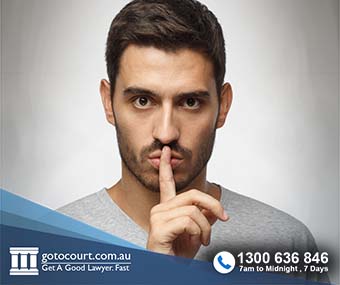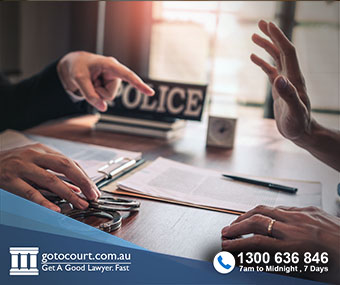Call our lawyers
now
or,
have our lawyers
call you
Young People and the Police (WA)
Updated on Oct 28, 2022 • 5 min read • 616 views • Copy Link
Young People and the Police (WA)
In Western Australia the law views a young person under the age of 18 years as being vulnerable and as experiencing disadvantages when dealing with police. The law recognizes that a young person may make mistakes and that young people often do not think about the consequences of their actions. For this reason, a responsible adult is often required to support the young person through the criminal process and when the Children’s Court sentences a young person, it does so with the rehabilitation of the young person as its paramount concern.
Who is a responsible adult?
A Responsible Adult is usually the young person’s parent, guardian or another person who has the responsibility of their day-to-day care. Ideally, once the police have determined that a young person is to be questioned or arrested in relation to an alleged offence, a Responsible Adult should be called to assist the young person through the police investigation.
In circumstances where a Responsible Adult cannot be contacted, an Independent Person may be called by police to be present when a young person has been arrested or is to be questioned by the police in relation to an alleged offence or their involvement in relation to criminal conduct. The involvement of a Responsible Adult or that of some other Independent Person may significantly go towards protecting the interests of a young person in relation to charges they may be facing.
When young people appear in the Children’s Court in relation to criminal charges, they must always be accompanied by a Responsible Adult.
Age of criminal responsibility
The age of criminal responsibility in Western Australia is currently 10 years of age. This means that if you are 10 years of age or older and you commit a criminal offence you can be charged by police and convicted in a court of law.
If a person aged between 10 and 14 is charged with an offence, it is necessary for police to prove to the court that he or she understood the actions were wrong. This means that the prosecution must rebut the presumption that the young person is not criminally responsible, by proving that he or she knew the difference between right from wrong.
Where a young person is 14 years of age or older, they can be held criminally responsible for their actions without any requirement that the prosecution prove they knew the conduct was wrong.
Police procedures and young people
Currently in WA there is no legislation requiring police officers to have a parent, guardian or Independent Person present when questioning young people. However, the WA Police Commissioner has issued rules and orders to the police force in Western Australia stating that wherever possible where a young person has been arrested or is being questioned or interviewed in relation to an alleged criminal offence, a Responsible Adult or Independent Person should be present.
When a young person is interviewed without the presence of a Responsible Adult or Independent Person, the admissibility of any statement or confession given to or obtained by police may be challenged on the basis that it was not made voluntarily. Whether a Responsible Adult or Independent Person should have been present will be considered in light of the level of independence and maturity of the young person, whether the young person is employed or living independently, and how close to the age of 18 the young person is.
Notifying an adult
When the police intend to arrest and charge a young person with a criminal offence, they are required to contact and provide a Responsible Adult with notice of their intention to lay a charge as soon as reasonably practicable. Notice may be given to a Responsible Adult by telephone, or by police attending the address of the Responsible Adult to advise that the young person is to be questioned by police and /or detained in police custody.
In circumstances where police are not able to locate a Responsible Adult, they are required to find an Independent Person to take on this role. However, should it be inappropriate to give notice to an Independent Person, police do not have comply with this requirement.
In some circumstances police are not required notify a Responsible Adult. This is not required where the young person was the driver of a motor vehicle or where the police have asked the young person for their name, address and date of birth and the young person has failed to provide this information.
Arresting a young person
Police have the power to arrest young people anywhere and at any time of the day or night. You can be arrested at home, work, school, in the street, or in circumstances where police have the power to stop and search a vehicle they suspect you are in.
Police should make it very clear to a young person why they are being arrested. However, police are not required to use any specific words to advise the young person that they are being arrested. Police however, may say “I am arresting you”, or place their hands upon you saying “You are under arrest”. In certain situations, police can physically take control of you and handcuff you.
When a person under the age of 18 breaks the law, police may choose to refer them to the Juvenile Justice Team instead of charging them and requiring them to appear before the Children’s Court. Whether this occurs will depend on the offence and the circumstances.
If a young person is dealt with by the Children’s Court and found guilty, the magistrate will impose an appropriate sentence under the Young Offenders Act 1994. This may be a fine, a good behavior bond or a period of youth detention.
If you require legal advice or representation in a criminal matter or in any other legal matter, please contact Go To Court Lawyers.

Affordable Lawyers
Our Go To Court Lawyers will assist you in all areas of law. We specialise in providing legal advice urgently – at the time when you need it most. If you need a lawyer right now, today, we can help you – no matter where you are in Australia.How It Works







1. You speak directly to a lawyer
When you call the Go To Court Legal Hotline, you will be connected directly to a lawyer, every time.


2. Get your legal situation assessed
We determine the best way forward in your legal matter, free of charge. If you want to go ahead and book a face-to-face appointment, we will connect you with a specialist in your local area.


3. We arrange everything as needed
If you want to go ahead and book a fact-to-face appointment, we will connect you with a specialist in your local area no matter where you are and even at very short notice.

